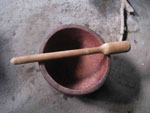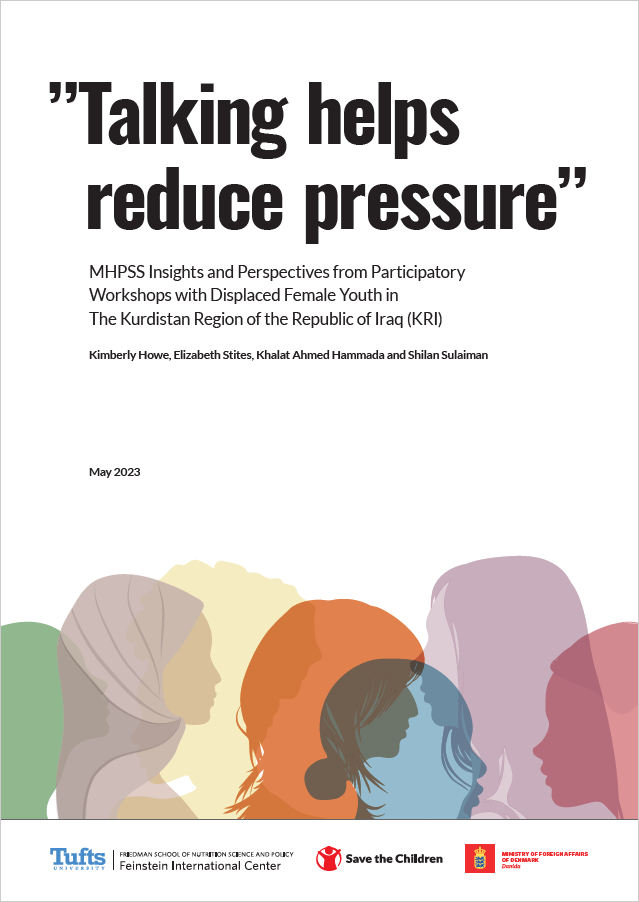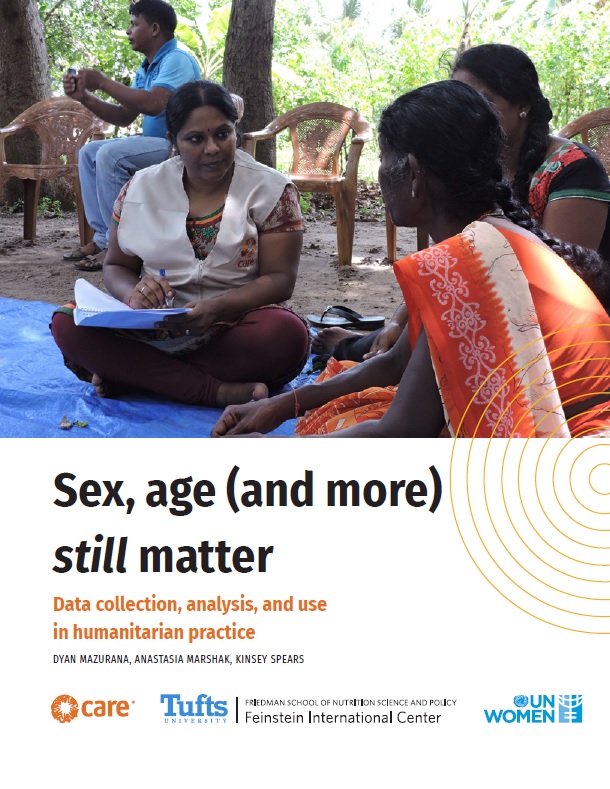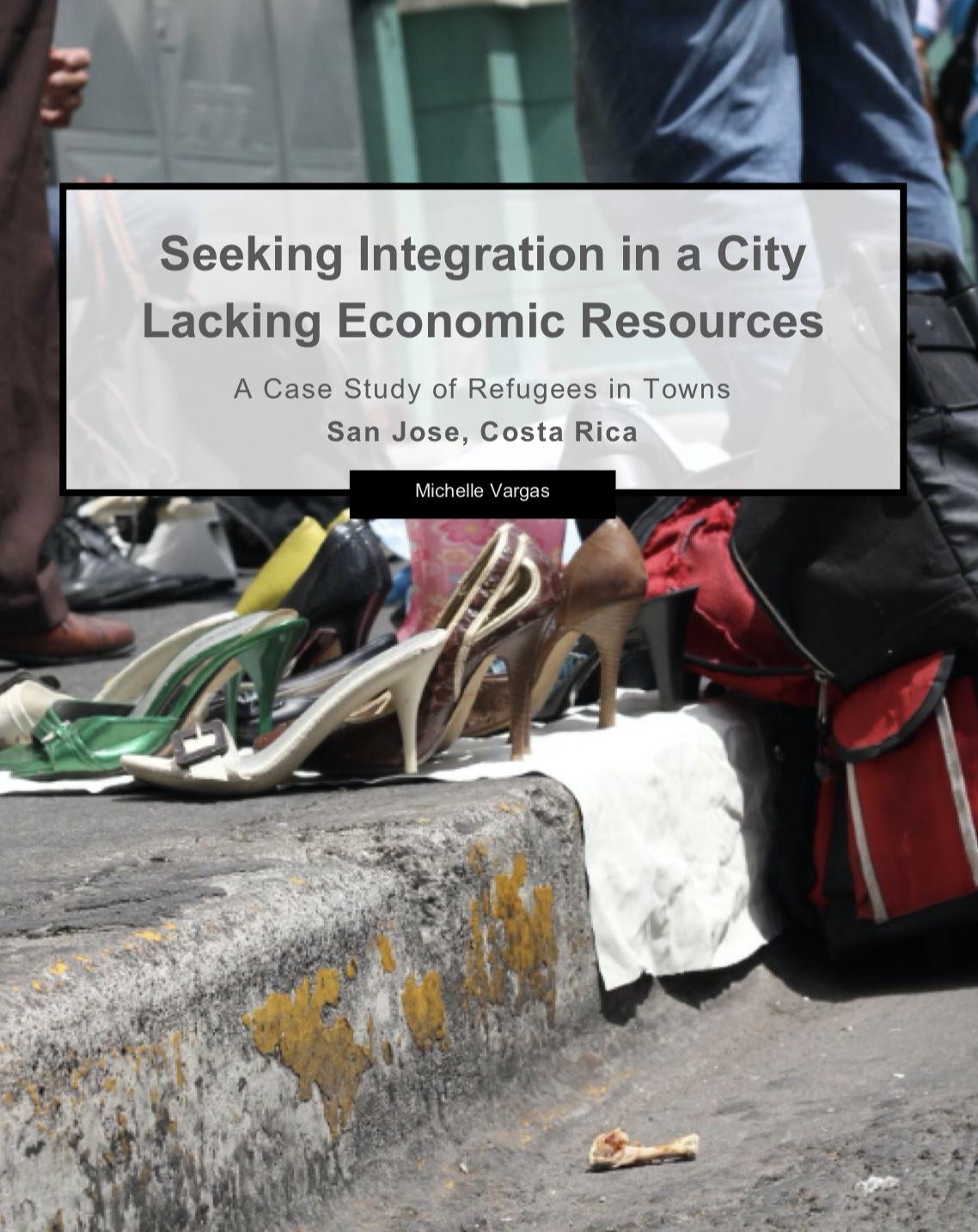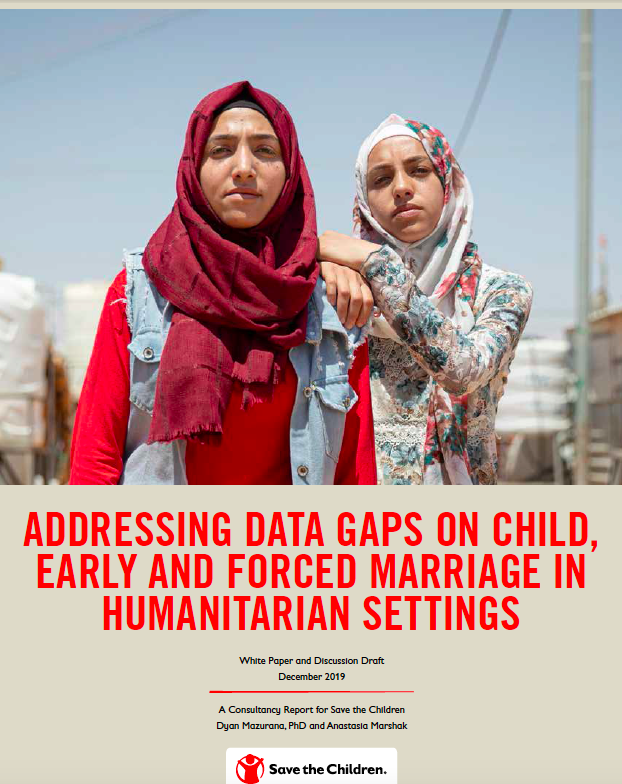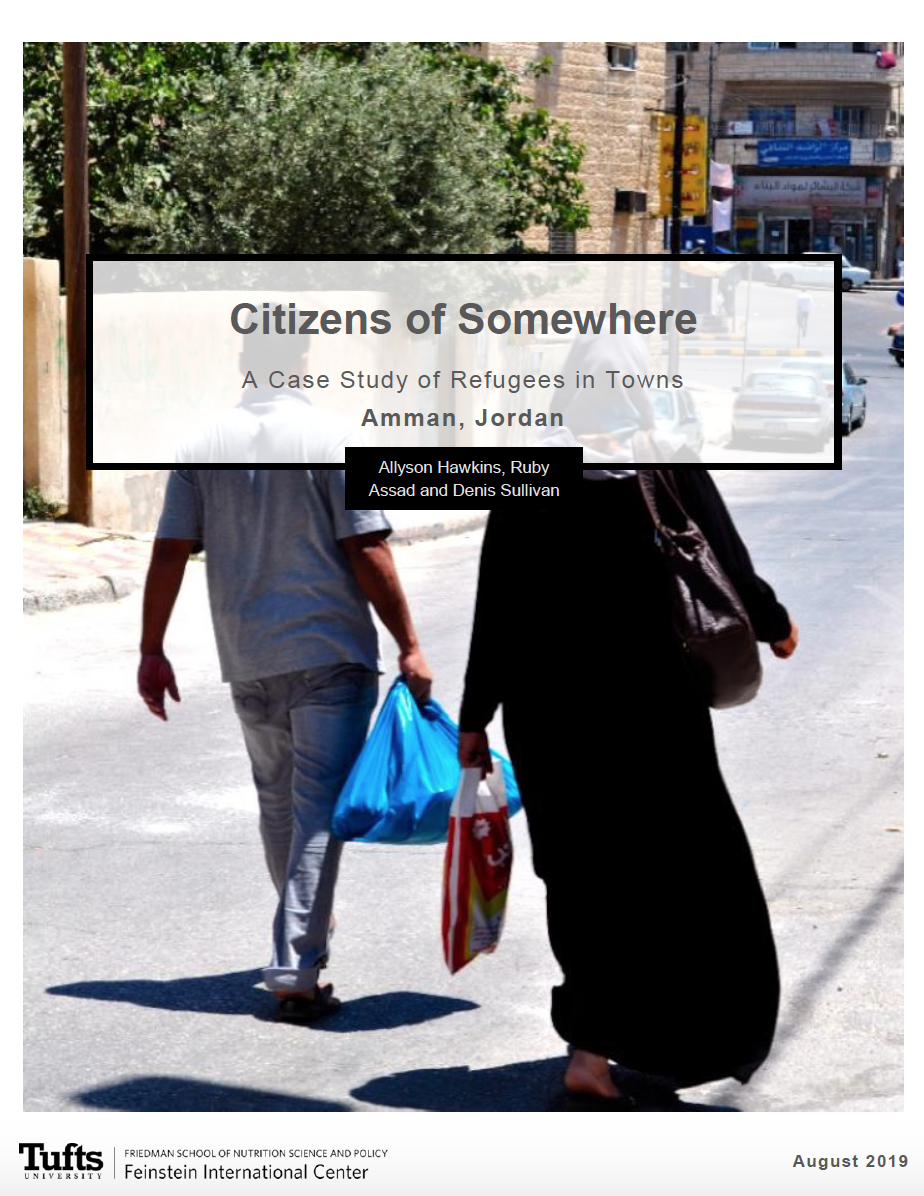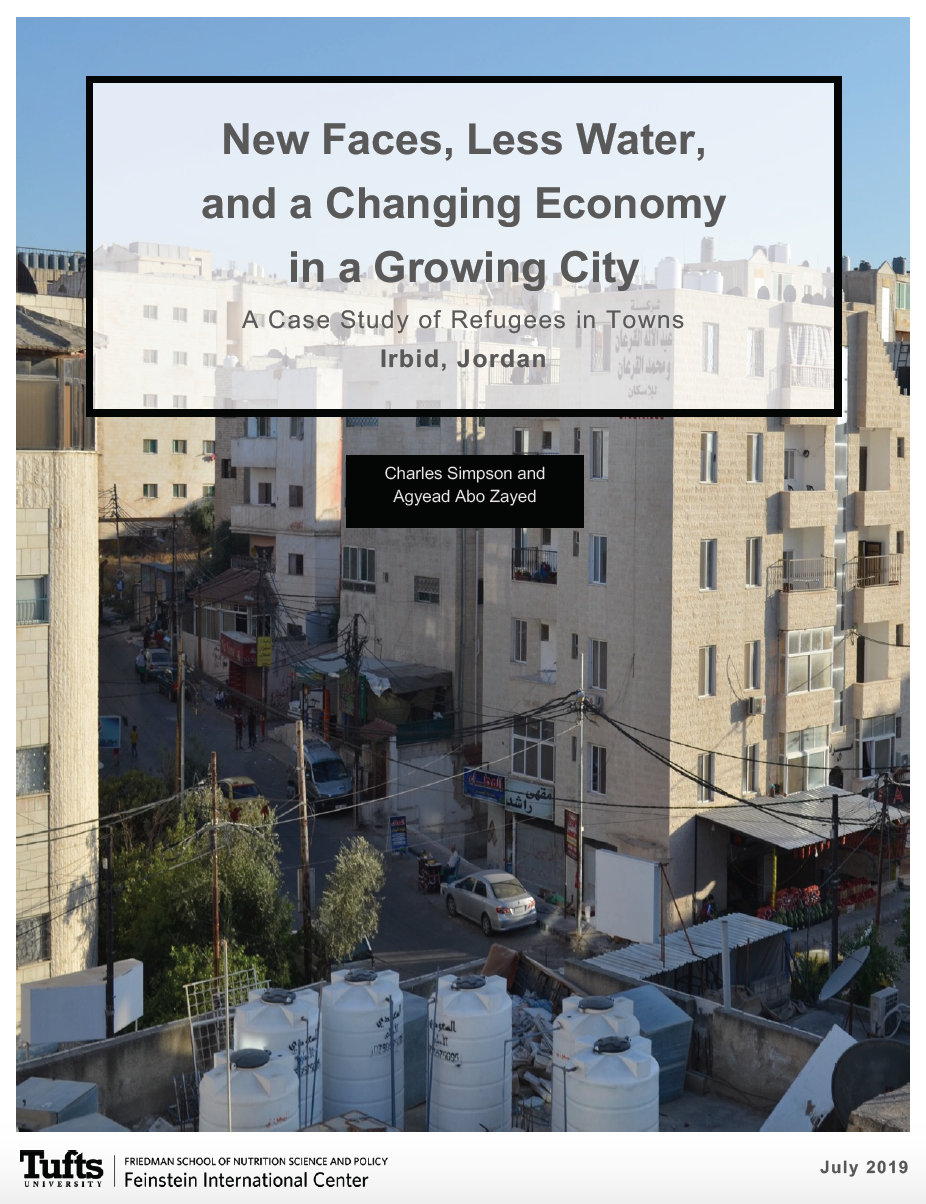Breast “ironing” or “flattening” is a practice that impacts 1:4 Cameroonian girls and women, in which a heated object such as a grinding stone or pestle is used to massage or press a girl’s breasts to retard or reverse breast development. The practice seeks to prolong a girl’s childlike appearance, thereby protecting her from unwanted sexual attention and the possibility of early/unwanted pregnancy. This report presents the findings of a qualitative field study in Bafut, Cameroon, and contributes to the knowledge and scholarly research on what is a largely understudied practice. Recommendations to end the practice include conducting additional research to better understand prevalence, trends, and health outcomes; supporting advocacy campaigns to raise awareness and increase dialogue about the practice; and strengthening institutional protection of females in Cameroon through sex education, access to family planning, and access to legal protection. This report should be of interest to those working on women’s and children’s rights, as well as human rights and public health.
L’aplatissement ou repassage des seins est une pratique qui concerne un quart des femmes et des filles au Cameroun et consiste à l’utilisation d’un objet chauffé tel qu’une meule de pierre ou un pilon pour masser les seins d’une jeune fille afin de retarder le développement de sa poitrine. Le but recherché de la pratique de l’aplatissement des seins est de maintenir l’apparence enfantine de la jeune fille afin d’éviter les attentions sexuelles non désirées des hommes qui pourrait aboutir à des grossesses précoces où non désirées. Ce rapport présente les résultats d’une étude qualitative à Bafut au Cameroun et a pour objectif de contribuer à la connaissance et à la recherche académique sur une pratique peu explorée. Les recommandations pour arrêter la pratique incluent : conduire des recherches supplémentaires afin de mieux comprendre la prévalence, les tendances, et les conséquences pour la santé ; appuyer les campagnes de plaidoyer pour sensibiliser la population et accroitre le dialogue sur la pratique ; et renforcer la protection institutionnelle des femmes au Cameroun à travers l’éducation sexuelle, l’accès à la planification familiale, et l’accès aux protections juridiques. Les personnes travaillant sur les questions relatives aux droits des femmes et aux droits des enfants ainsi que les droits humanitaires et la santé publique trouveront un intérêt particulier à ce rapport.

